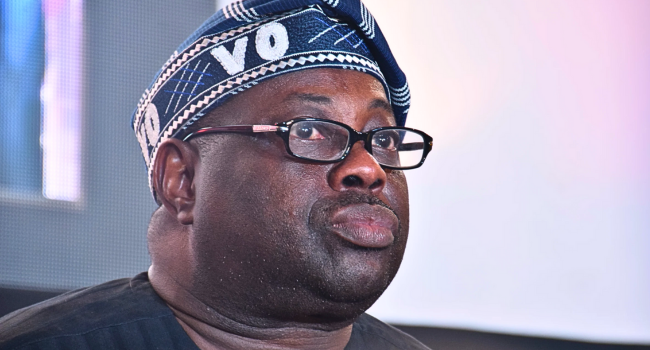Former Nigerian presidential aspirant Dele Momodu has spoken out against the zoning of presidential tickets for the 2027 general election. In a recent interview on Channels Television’s Sunrise Daily programme, Momodu described zoning as a tool of blackmail designed to weaken opposition parties. He argued that zoning sentiments are unconstitutional and targeted at reducing competition against President Bola Tinubu.
According to Momodu, the Nigerian Constitution does not prohibit anyone from contesting the presidency, regardless of their region of origin. He believes that zoning is being manipulated to favour the ruling party, the All Progressives Congress (APC). By zoning all other parties to the South, Momodu claims that the APC is attempting to reduce competition and make it easier for President Tinubu to win.
Momodu also weighed in on the state of the Peoples Democratic Party (PDP), stating that it has been “hijacked” by agents of the ruling party. He believes that the PDP is no longer capable of rescuing itself from internal sabotage and is being kept “in the ICU” for potential future use. Momodu, who is now a chieftain of the African Democratic Congress (ADC), clarified that no candidate has been promised an automatic ticket by the party, including former Vice President Atiku Abubakar.
The zoning debate has resurfaced after the PDP’s National Executive Council (NEC) meeting, where the party resolved to zone its 2027 presidential ticket to the South. Critics argue that this decision could undermine the PDP’s chances against the APC, which has already adopted President Tinubu as its candidate for the 2027 polls. The PDP has yet to announce its flagbearer for 2027, and the party’s decision on zoning is likely to have significant implications for the upcoming election.
As the 2027 general election approaches, the debate over zoning is expected to continue. With the APC already having a candidate in place, the PDP’s decision on zoning will be crucial in determining the party’s chances of success. The outcome of the election will have significant implications for Nigeria’s political landscape, and the zoning debate is likely to remain a key issue in the lead-up to the polls.
